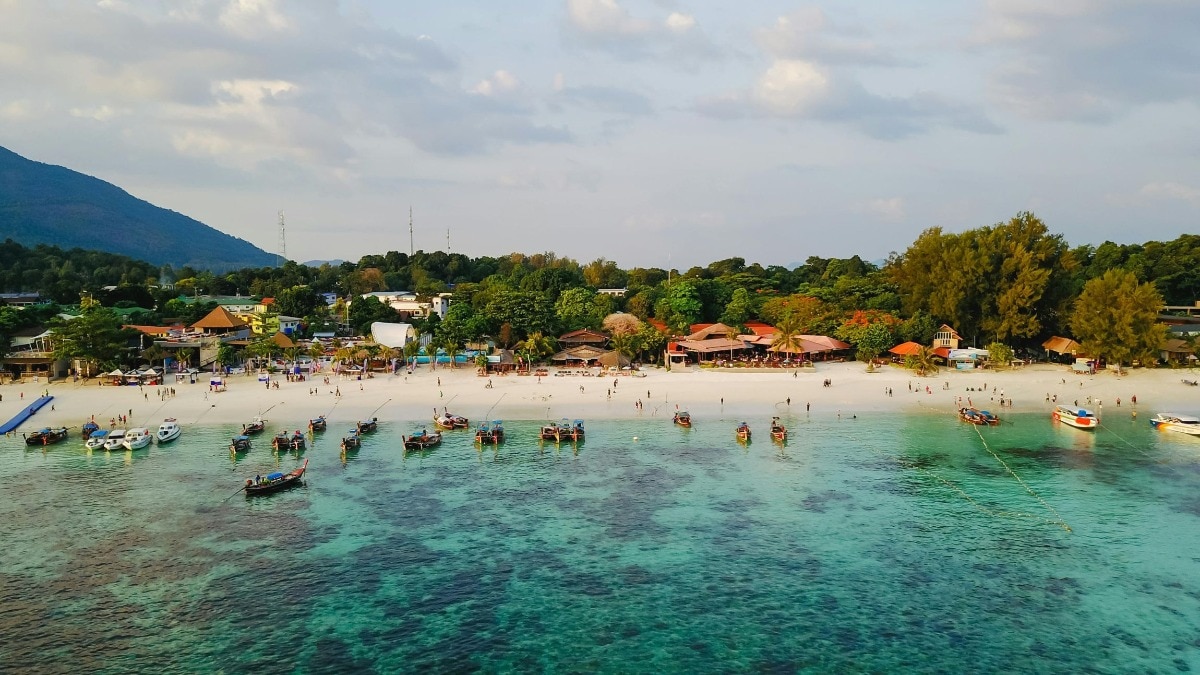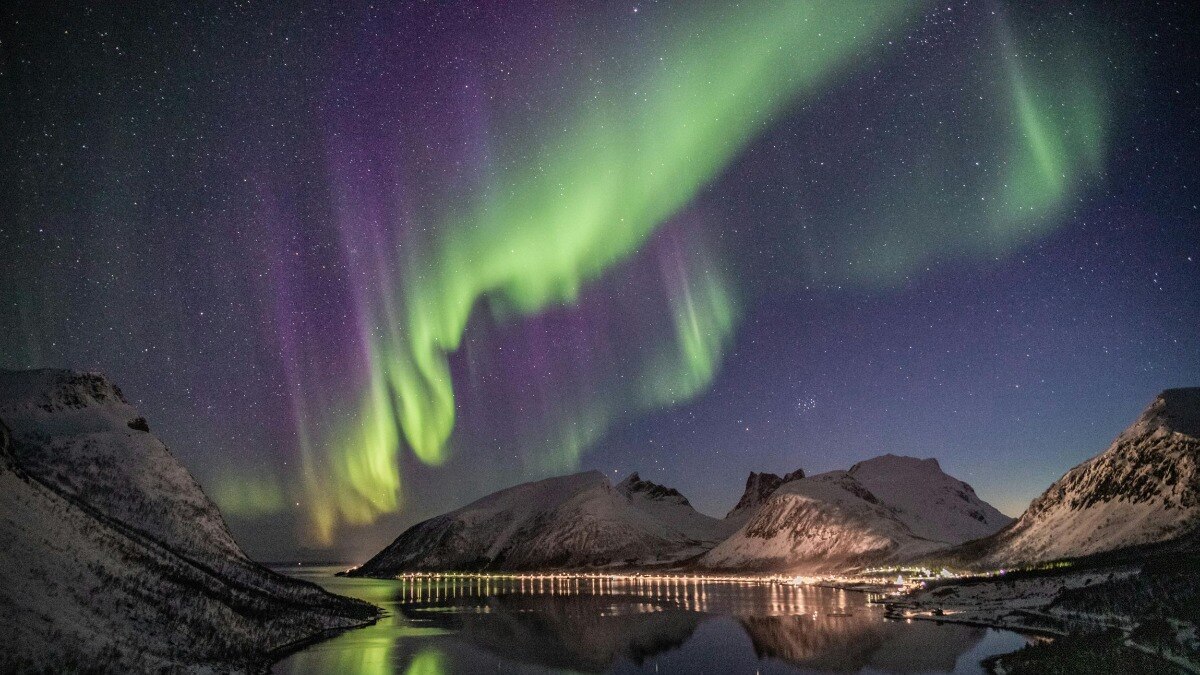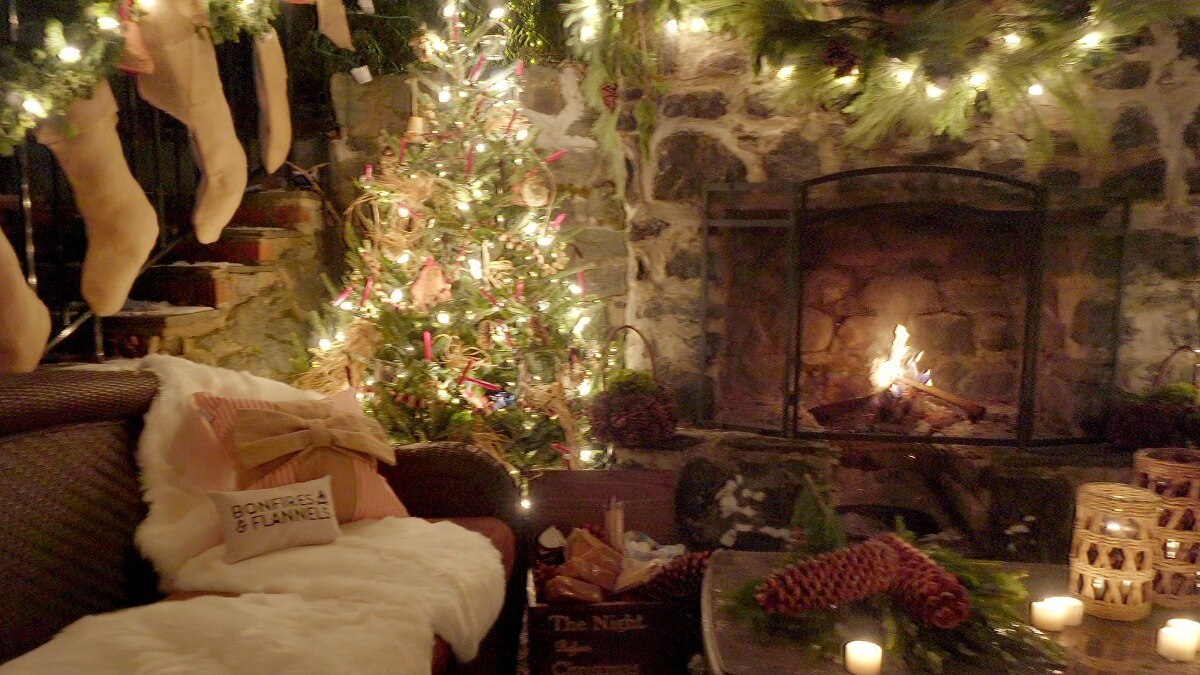
Why vacationing in the forest is good for your health
More and more people are opting for immersive nature getaways to recharge, reset, and rejuvenate.


Ever wondered why a holiday in nature leaves you feeling relaxed, happier, and less stressed in general? Being in nature works as a serotonin booster, helping you find harmony and balance coupled with the joy of soaking in the serenity of your surroundings.
In fact, the Japanese even have a term for it—shinrin-yoku or forest bathing as it literally translates to. The concept has been around since the 1990s, encouraging the practice of nature therapy—simply being in the forest and bathing all of one’s senses in the sounds of nature. Studies say that spending even a short amount of time outdoors can help you feel relaxed and have a positive impact on your mental health and well-being.
Closer home, nature-focused holidays are finding favour with a range of people, as city-weary folk increasingly turn to vacationing outdoors, in a bid to overcome burnout and stress.

At the Bori Safari Lodge, a boutique wildlife property located on the outskirts of the Bori Wildlife Sanctuary in Satpura, Madhya Pradesh, this past season has been one of the best since the time it opened its doors in 2020. Part of the hospitality portfolio of Jehan Numa Wilderness, which also runs Reni Pani Jungle Lodge, the lodge’s rustic location in a last-mile village is one of its biggest draws. Here, you’re cocooned in nature and can get an authentic taste of village life. Apart from going on morning and evening game drives, where you have a high probability of spotting the elusive tiger, leopards, sloth bears, chital, and other local wildlife, you also have the option of going on walking safaris (one of the only wildlife sanctuaries in India where you can do so).

The lodge offers activities such as a sundowner on the banks of the Tawa River, where you can toast to picturesque sunsets; a tour of the lodge’s butterfly garden, where the in-house naturalist can show you over 50 species of indigenous butterflies; and the option of exploring the village by bicycle or on foot. According to Aly Rashid, director and CEO, Jehan Numa Wilderness, when the group launched its first wildlife lodge in 2009, the domestic traveller was not very sensitised towards wildlife and nature. “By the time we opened Bori Safari Lodge in 2020, the Indian traveller had become quite keen on experiencing nature. Several guests who visit us do at least four to five wildlife holidays a year in different destinations. Post-pandemic, nature-based holidays have started trending even more,” he says, adding that the fact that boutique properties usually have smaller inventory and fewer crowds translates to more private experiences for guests.
Nature’s bounty

In Tamil Nadu’s popular hill station getaway, Kodaikanal, The Dunnottar (a family-owned property), is a quaint five-bedroom villa located on the fringes of the Kodai Lake and surrounded by a vast swathe of forest—specifically giant eucalyptus and pine trees dating back to the early 1900s. According to Shalini Biswajit, owner of The Dunnottar, Kodaikanal, the reason people love booking this property as a boutique homestay is not just the creature comforts and the homely food, but also the chance to reconnect with nature and have it right at their doorstep. The villa is also blessed with a natural spring that feeds the lake and serves as the primary water source for the home. A carefully laid-out garden offers a good balance of seasonal and perennial plants, apart from being a soothing sight.
“Guests can lounge around on the comfy hammock under the towering trees during the day or get warm and toasty with a bonfire at night. We can also curate picnic baskets, featuring some of the best locally-sourced produce from Kodaikanal,” she adds. Guests are encouraged to go cycling around the property, enjoy a meal outdoors or unwind on a hammock with their favourite read.

According to Mansi Poddar, psychotherapist and founder of Heal.Grow.Thrive Foundation, travelling helps us experience the world from a different perspective and offers diverse stimulation to the brain and nervous system, providing not just sensory but cognitive nourishment as well. She points out that regular exposure to natural elements helps one achieve a state of relaxation. “Researchers have studied the impact of nature on human physiology and found that the nervous system automatically shifts into a parasympathetic state—rest and digest—when in nature.”
She adds that centuries before forest bathing became a thing, tree-whispering was a form of contemplative practice. “If one can access trees or forests, simply sitting and using that energy as a way to travel inwards and outwards in silence can be a powerful practice for mental health.”
So, the next time you feel like you’re experiencing burnout or simply need some time off, look towards nature to help you achieve a sense of rejuvenation and the added health benefits.










